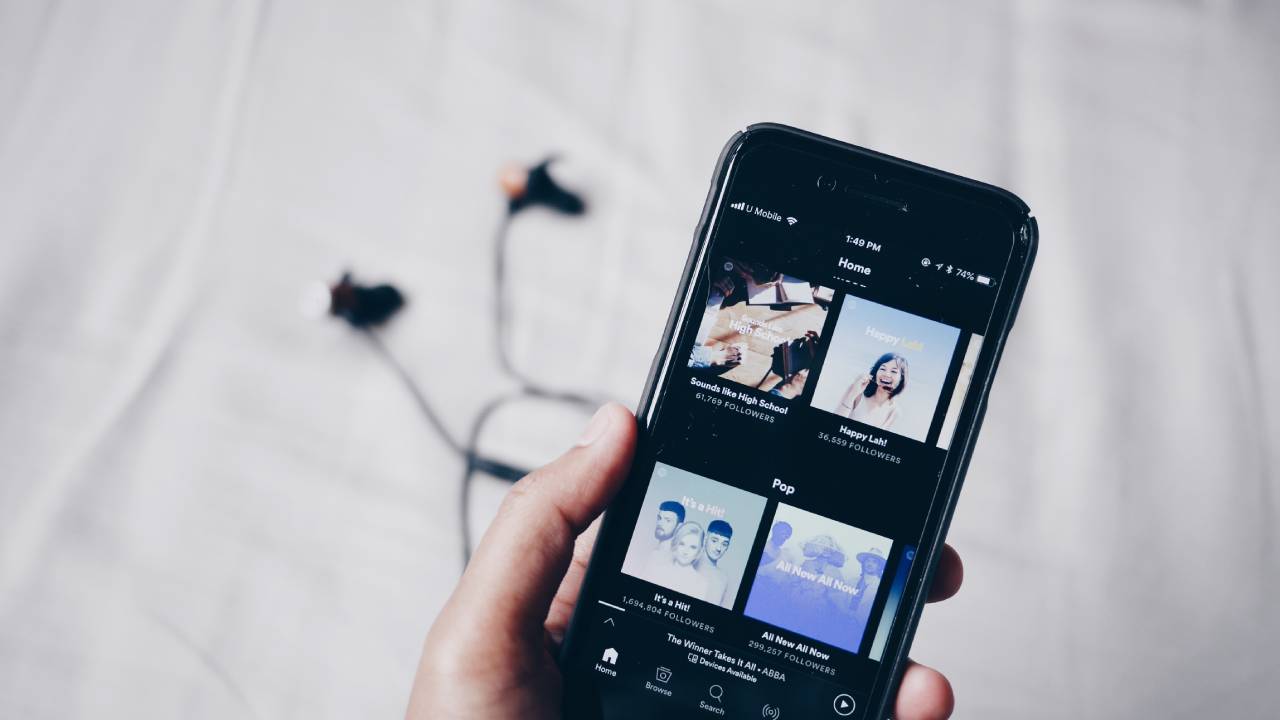

You've got to love the music business. Fresh from reporting a massive $26 billion in global music revenues, the highest level since records began back in the 1990s, the music industry has concluded that this means everybody should pay more for the best music streaming services.
Streaming accounts for 67% of the money flowing into the mainstream music business, and according to industry body the IFPI the number of people paying for streaming music subscriptions was up from 523 million in 2021 to 589 million people in 2022.
Most of those people are paying the same price as people who signed up more than a decade ago: when Spotify launched in the UK its standard subscription was £9.99 a month, and its standard subscription today is still £9.99 a month. It's safe to say that some parts of the record industry aren't very happy about that.
Should you pay more for streaming?
Speaking to trade title Music Week, Warner Music CEO Robert Kyncl said that "music is undervalued, and this is not my opinion – there are actually numbers to back it up". According to his numbers, people pay 50% less per hour of streaming music than they do for streaming video, "so right there, it's 50% undervalued today."
In Kyncl's view, the fairer price for the likes of Spotify would be $13.25 a month, and as Spotify charges the same in pounds as it does in dollars that would be £13.25 in the UK too.
I can't say I'm hugely surprised – I've been reporting on digital music since the 1990s and I don't think I've ever seen a big music executive suggest that actually, digital music should be cheaper – but it does seem a bit tone-deaf from an industry whose artists routinely charge incredible sums for concert tickets for no other reason than they can, even during a cost of living crisis. For example tickets for Taylor Swift's current Eras tour – and this is the ticket price before the scalpers got hold of them, taking some prices into the tens of thousands – were priced up to $499.
I do think it's inevitable that we'll end up paying more for music. Prices have been held down low for a long time to persuade people to embrace streaming over CDs, and now that's been very successful – CD sales are at their lowest levels since 1986, when people were getting down to the funky fresh sounds of, er, Phil Collins, Dire Straits and Level 42 – of course the major labels and the platforms are going to want to start putting the prices up.
Get all the latest news, reviews, deals and buying guides on gorgeous tech, home and active products from the T3 experts
Music streaming has long been criticised by artists for its low royalty rates and a winner-takes-all payment model that gives the lion's share of all royalties, not just their own, to the most successful players – and to fake artists, and fraudsters of other kinds.
If that were to change, I suspect the prospect of more expensive music streaming might not sound quite so awful. So it's interesting to see that while Spotify is getting absolutely pummelled over its royalty-reducing Discovery Mode, some of the biggest players in music want to try and make a more equitable system.
As the Financial Times reported last month, Universal Music Group is currently in talks with the big streaming platforms to overhaul how music money is distributed. It has already announced a new payment model with Deezer, and it's hoped that more platforms will follow suit. If you're interested in the ins and outs of the possible solutions, Music Business Worldwide has a great explainer here – including some of the possible unintended consequences for genres such as rap.
Writer, musician and broadcaster Carrie Marshall has been covering technology since 1998 and is particularly interested in how tech can help us live our best lives. Her CV is a who’s who of magazines, newspapers, websites and radio programmes ranging from T3, Techradar and MacFormat to the BBC, Sunday Post and People’s Friend. Carrie has written more than a dozen books, ghost-wrote two more and co-wrote seven more books and a Radio 2 documentary series; her memoir, Carrie Kills A Man, was shortlisted for the British Book Awards. When she’s not scribbling, Carrie is the singer in Glaswegian rock band Unquiet Mind (unquietmindmusic).
